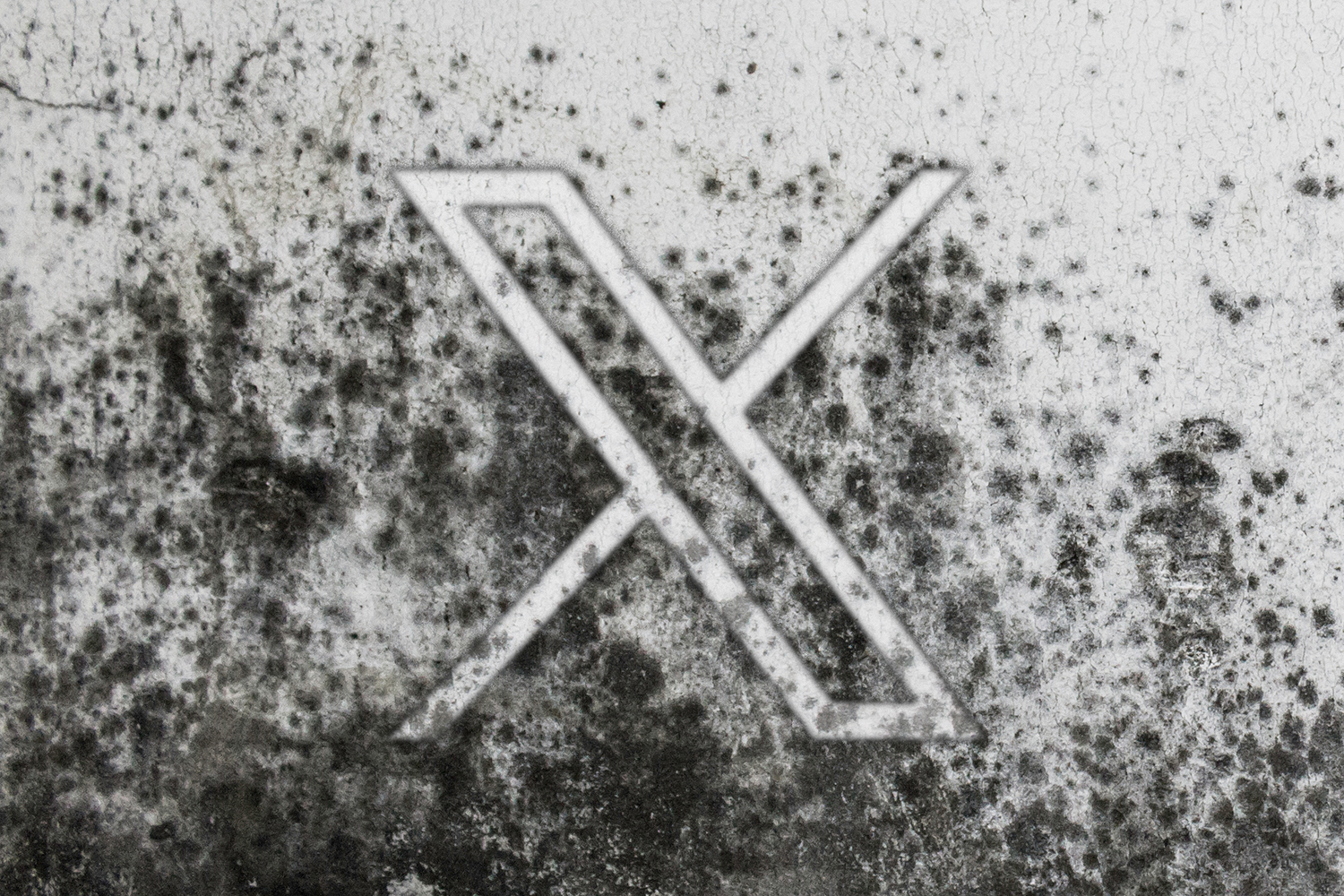[ad_1]
September 2024. The iPhone 16 release is barely a blip on the tech world’s radar, because collective delusion has taken hold. The release of X, colloquially known as the MuskPhone, has months before enraptured the world. The sleek device, with an X etched on its rear, boots with an X on its colossal screen. When you tap the X, you launch an app, also called X.
X is the everything app. And also the phone. And also your entire online life. Because X is everything now. It’s where you X message friends, play X games, watch X movies about Elon Musk, read the non-woke X news, and do your X banking in a new cryptocurrency, X. And access to your entire digital world is cut if you don’t pledge undying love to Elon Musk at least once daily, along with sending him an X. That being X the currency, not X the phone. Because that would be ridiculous.
Then you wake up, soaking sheets clinging to your skin. It was just a nightmare. It’s not too late. You resolve to save the future by ensuring the present doesn’t make a terrible error.
Generation X
Musk wants X to be just like WeChat. But with a worse logo.
To be fair, saving the future in that very specific way shouldn’t be that tricky. Right now, X is only slightly less of a pipe dream than it was years ago, when Elon Musk wanted to use PayPal as the basis for his WeChat wannabe. Today, Twitter’s been sacrificed in pursuit of that goal, obliterating a global brand with such ferocity that several thousand agency execs have been hospitalised for choking on their lattes.
The thing is, no-one wants an everything app. OK, that’s not quite true. In some parts of Asia, that kind of thing does well. But such apps are a product of circumstance – the result of most people’s first entry point to the internet being a smartphone rather than a PC with relative freedom. And, notably, some of the places where everything apps are popular have governments not overly keen on freedom in a broader sense, and which are therefore quite happy to see so much online activity rigidly centralised.
Elsewhere, no-one wants these apps, beyond Musk’s army of trolls and crypto grifters. And that’s because we’ve long already had a good everything app. You might have heard of it and used it yourself. It’s called a web browser.
The X factor
Xbox Cloud Gaming – an ‘X’ app we actually like.
That might sound odd. A web browser isn’t an everything app, right? Only, it kind of is. We now use web browsers for an increasing number of tasks, such as messaging friends, playing games, watching movies (about Elon Musk or otherwise), reading news (woke and non-woke varieties) and banking. Browser-based apps are increasingly ambitious, from full-fledged design tools to AAA game streaming.
But browsers are part of an ecosystem that includes other apps. And browsers also enable access to multiple ecosystems within them – countless websites and services that compete, coexist and interoperate. People like having choice in what they use. Each service can be focused rather than trying to be everything to everyone.
What rarely works is mashing everything into a single box. People innately recoil from one organisation attempting to wrest control of too many important facets of their lives, especially when that organisation has shown it cannot be trusted. It’s why Facebook’s attempts to become an everything app got little further than fashioning a Poundland/Dollar Tree internet.
Chances are, X will suffer a similar fate, although Musk’s stubbornness suggests the X app will never quite become an ex-app. So let’s not get too complacent, lest we wake one day to find that X-cruciating future has come to pass.
[ad_2]

